Last Updated on September 17, 2024

There used to be a very big difference when talking about independent horror and mainstream horror. The latter would often be much more tame, with a goal of maximizing the audience, therefore maximizing Box Office. Indie horror would often be darker, going for moments that would stick with you long after the credits roll. But as society has shifted into this different entertainment landscape, there’s more of a desire than ever for something wholly unique. Mostly in the sake of profit. Thinking outside of the box is rewarded as it’s all about grabbing attention. It’s why a film like Longlegs can come out and absolutely light the world on fire. Because filmmakers are being forced to take risks in an attempt to get people to the theaters. Audiences are tired of the same old, same old.
This has never been more evident than with the failures of Blumhouse‘s 2024 lineup. Night Swim, Imaginary, and Afraid are amongst the most creatively bankrupt and desire-for-profit types of films out there. PG-13 Horror is designed to maximize audience reach while coincidentally being completely barren of any originality. Afraid simply ripped off M3GAN (which was a rip-off of Child’s Play) and I don’t know about you, but pools stopped being scary the moment I learned to swim. These were hollow experiences, completely devoid of entertainment. And while Blumhouse may still consider themselves indie, they’re about as “studio” as you can get these days, so if I say studio, I’m mostly talking about them.
And that’s not to say all mainstream horror is bad. The studios have made a lot of great films over the years. But it’s when they’re going the indie approach versus just sequelizing or trying to take advantage of a property that they truly have success. Even just a decade ago, the idea of Longlegs being released theatrically was a long shot. This kind of horror simply wasn’t viable for that kind of release. They’re so risk-averse that they’d rather remake a well-received Dutch movie from two years ago than actually develop an original story. And sure, Speak No Evil kicks ass but that doesn’t change the fact that’s a remake of a film already in English. Risk aversion 101.
Yet it seems as though horror is one of the only genres where originality can be done on a cheaper level and still succeed. Streaming has all but taken out mid-tier comedies and action films (usually made in the $60-70 Million range) and those genres are harder to do on a lower budget. Sure, comedies don’t need big effects, but Kevin Hart isn’t cheap, so budgets tend to balloon. There always needs to be that anchor of familiarity to get them into a movie theater seat. Yet Horror doesn’t always need that.

Horror fans will show up to a movie with no name stars and made for under $10 Million. The only promise you need to make to horror fans is that you’re going to try and scare them. Success rate will depend on the individual person but it’s a simple exchange. I give you money, you make me squirm in my seat for 90 minutes. Yet, why are studios starting to make the same mistakes they do in other genres instead of focusing on what works? Strongarming creatives instead of letting them do their thing will often result in a subpar product.
Blumhouse’s 2025 lineup seems to be spitting in the face of originality with Megan 2.0, An Untitled Insidious Movie, The Black Phone 2, and Five Night’s at Freddy’s 2 all expected to release. And who knows what foreign remake they’ll target now that Speak No Evil is a nice little success. This is why it’s on us as the audience to seek out great cinema and not go simply because it’s the weekend’s new release. The studio and Indie world will just become more and more intermingled as we lose out on more and more mid-tier films. And we just have to hope that those meddling execs who usually focus on the bigger fare, don’t start setting their sights on their low-budget offerings. Because otherwise, horror is doomed.
Now, I fully acknowledge that Indie Horror is capable of being absolute shit. There are entire YouTube channels dedicated to all the awful films that get made on a daily basis. And sometimes too much creativity and lack of supervision can be a bad thing. But I will take something that’s trying to fulfill some kind of creative niche versus solely trying to eek out a profit. Longlegs, Cuckoo, and Strange Darling are amongst the year’s best and they are completely original works where the filmmakers were allowed to see their vision through. And I’ll take that over a bloodless CGI bear.
What do you think of the current state of horror? Do you think mainstream horror is dying? Is Indie horror taking over? Will Blumhouse ever turn their slate around? Let us know in the comments below!


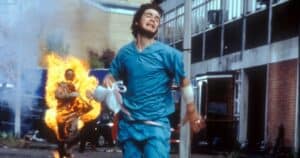






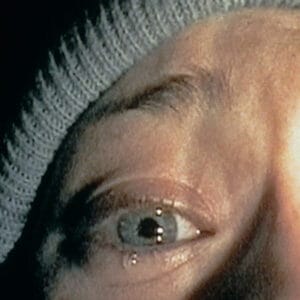
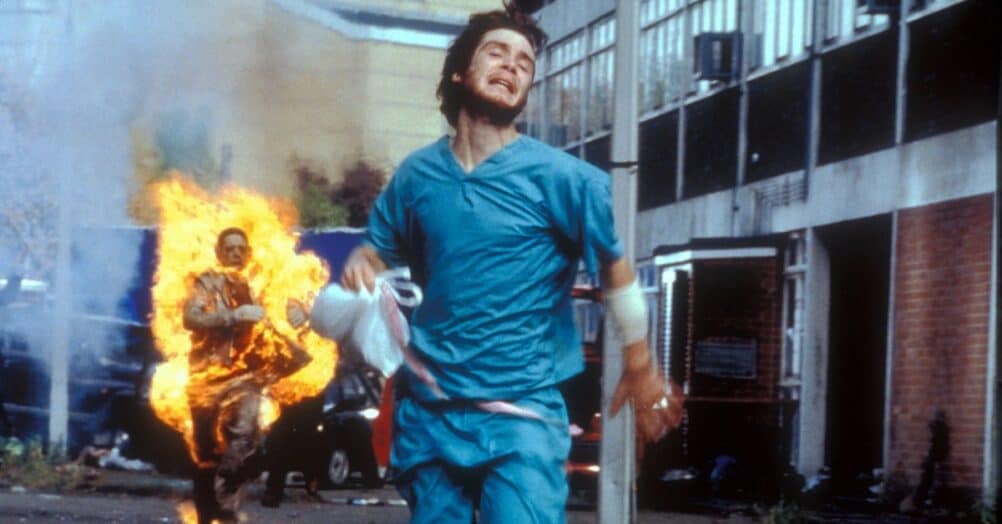





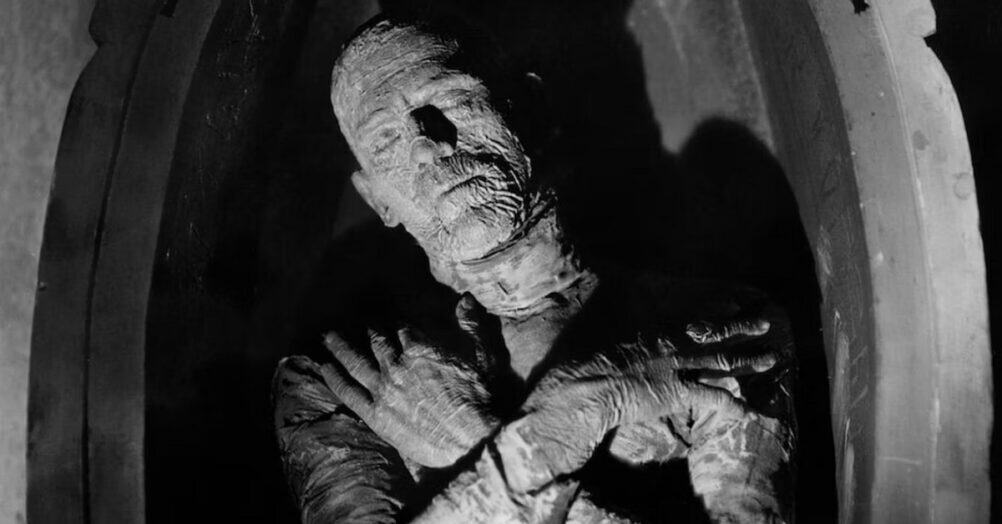
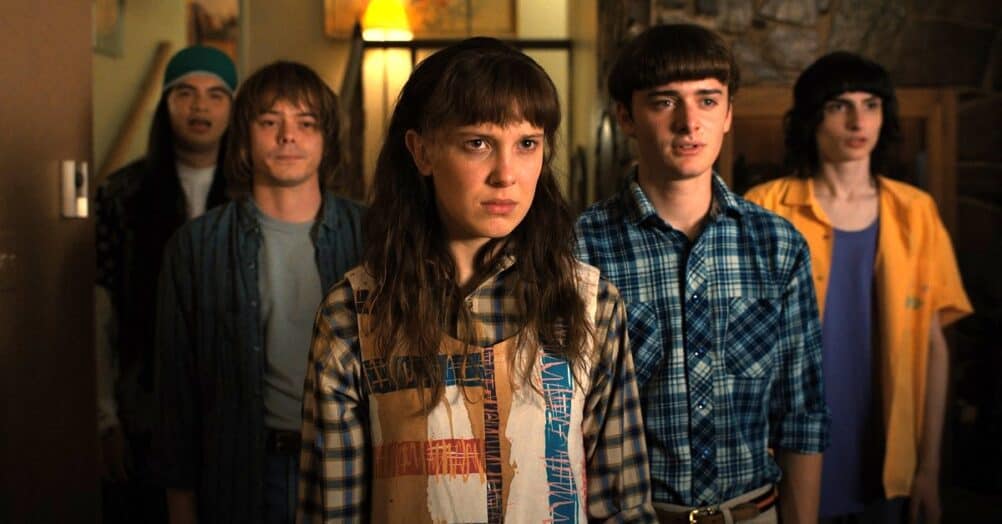

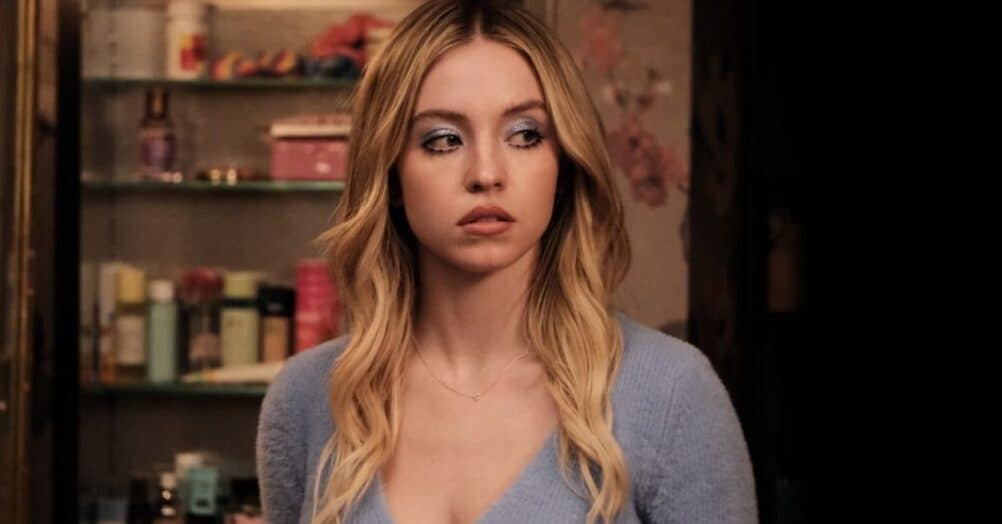
Follow the JOBLO MOVIE NETWORK
Follow us on YOUTUBE
Follow ARROW IN THE HEAD
Follow AITH on YOUTUBE